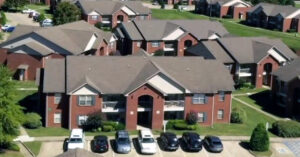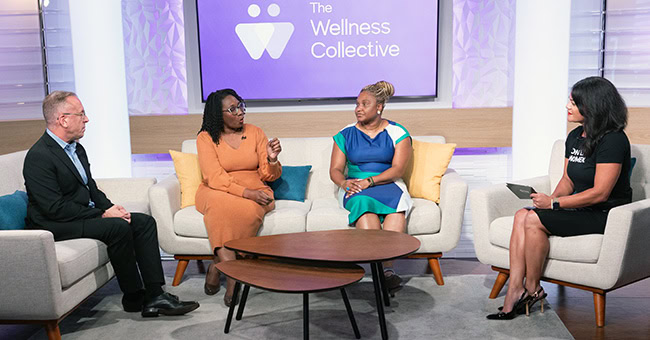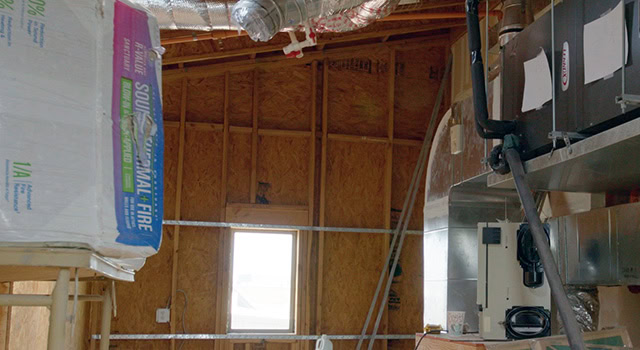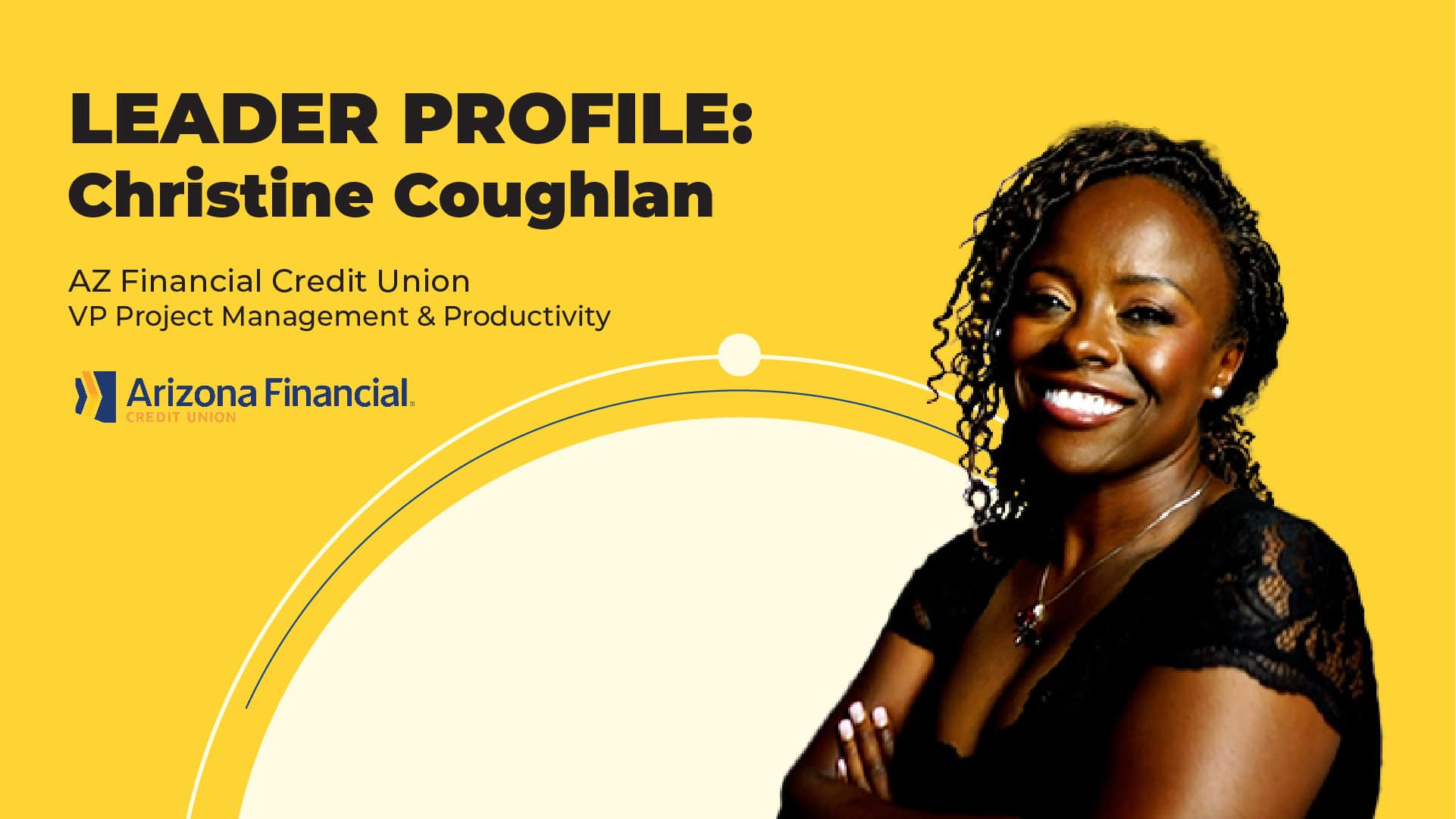PHOENIX, Ariz. (STN) – Homelessness does not discriminate, and not having a permanent place to live can be particularly problematic for vulnerable seniors.
In an effort to find sustainable housing solutions for seniors, Mercy Care, Spectrum Healthcare, and Mercy Housing have formed a new three-year partnership and joined the November episode of ‘It Happens at STN’ to explain why their effort is crucial.
“We started this partnership looking at launching in three locations with the goal, at the end of three years, to expand to all 13 properties across the Arizona market,” said Shelly Marquez, President of Mountain Plains at Mercy Housing.
The goal of the partnership is to provide housing and the services required to keep seniors safe and healthy—services like food, transportation, and access to medical care. “When you think about social determinants of health, it’s not just housing,” Marquez emphasized.
Watch the full discussion here:
Funding for the partnership and the required programs came in the form of a grant from Mercy Care. “As part of that, we were able to grant Mercy Housing $308,000 over a three-year contract to assist with a health navigator and also a part-time residence services coordinator,” said Mercy Care’s Lead Housing Liaison Matt Kelly. “In addition to that, we partnered them with Spectrum Health to provide some of their ‘Anywhere Care’ onsite at their 13 housing locations.”
Lauren Lauder, Deputy CEO at Spectrum Healthcare, stressed the critical nature of providing medical services where and when they are needed, especially for seniors struggling with permanent housing. “With barriers such as transportation and access to services, we are going into the homes, into the community living environments to meet those needs, providing primary care services, mental health services, behavioral health services, skill building, and connection to other resources needed in the community. We’re able to draw labs and perform traditional services in the home with this partnership.”
Having a partnership that can provide much-needed services to seniors is one part of the equation. Efficiently determining how to distribute services and measure success are other factors. That’s where data comes in.
For Shelly Marquez and the team at Mercy Housing, the process begins from the first moment they interact with a resident. “When they first move in, we look at what their needs are,” Marquez said. These needs encompass health and wellness, as well as housing stability. Mercy Care conducts annual surveys with residents to better understand their medical needs, including mental health, helping case managers assess needs and address any issues.
From a medical standpoint, this data is critical to getting seniors the help they need. “The biggest piece and key to that is access to care,” said Lauder. “How do we get them engaged? How do we engage them in services? That, for us, is a big key that we use the data for—access to care, and that’s really one of the biggest drivers for us.”
































